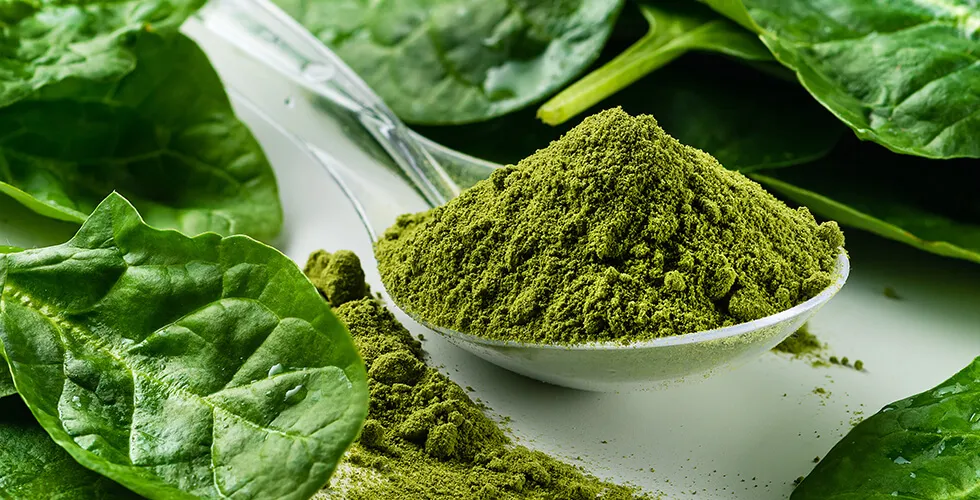
Powdered greens have surged in popularity as a convenient method to boost nutrient intake, especially for those struggling to meet daily vegetable consumption. These supplements typically contain dehydrated and ground fruits, vegetables, herbs, and other plant-based ingredients, aiming to provide a concentrated source of vitamins, minerals, and antioxidants.
While powdered greens can offer certain benefits, they should not be viewed as a replacement for consuming whole vegetables. Whole vegetables provide essential dietary fiber, which aids digestion, supports heart health, and promotes a feeling of fullness—benefits that are often diminished in powdered forms.
Additionally, the act of chewing whole foods contributes to satiety, helping to regulate appetite and reduce the likelihood of overeating. Whole vegetables also contain a complex matrix of nutrients and phytochemicals that work synergistically to promote health, many of which may be lost or reduced during the processing of greens into powder.
It’s also important to note that the supplement industry is not as tightly regulated as the food industry, leading to potential variability in the quality and composition of powdered greens. Some products may contain additives, fillers, or varying nutrient levels that don’t match their labels. Therefore, relying solely on these supplements could result in inconsistent nutrient intake.
Incorporating a variety of whole vegetables into your diet ensures a broad spectrum of nutrients and health benefits. While powdered greens can serve as a supplementary boost, especially when accessing fresh produce is challenging, they should complement, not replace, the consumption of whole vegetables.
In summary, while powdered greens offer convenience, they lack the comprehensive nutritional benefits of whole vegetables. Prioritizing the intake of fresh or frozen vegetables in their natural state is the most effective approach to achieving optimal health and nutrition.

